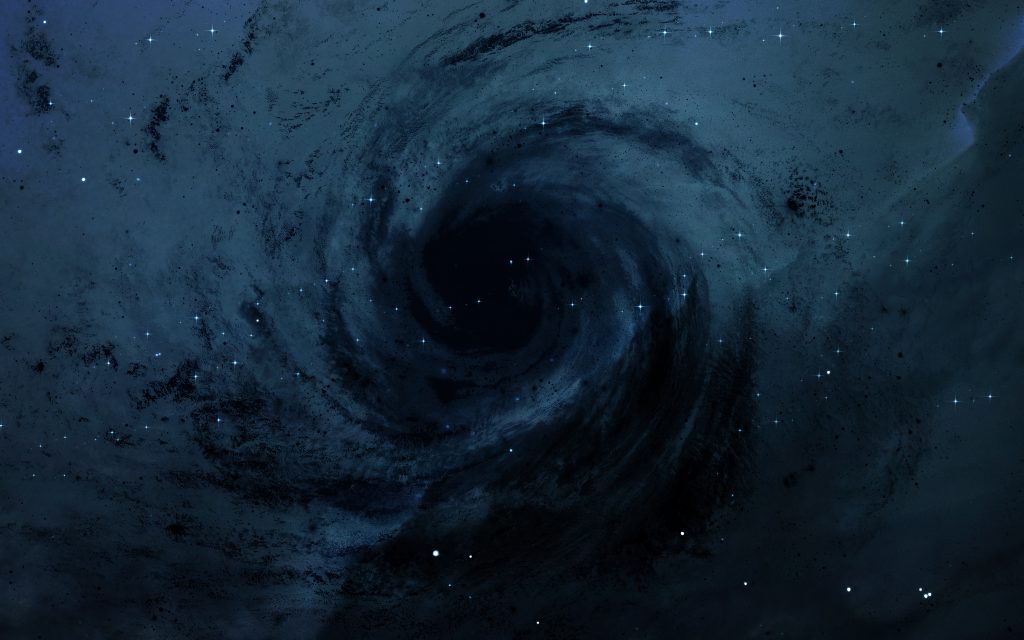There are a lot of mysteries I will never understand. I do not understand why the outer corona of the sun is hundreds of times hotter than the surface of the sun — it should be the other way around, but it isn’t.
I do not fully understand the hypostatic union of Christ being all man and all God — I believe it because I have just enough faith to flavor the reasoning found in Scripture.
I don’t understand how soccer became the most popular sport on planet Earth — and that I’m afraid is going to remain a mystery until the day I shed this mortal coil.
I am comfortable with acknowledging my lack of power to understand, while at the same time believing the science that informs me our sun works the way it does and the sacred writings that instruct me how God so loved the world he gave us his only Son to redeem us.
And the enigma that is the universe has been a topic of infinite wonder and speculation by really, really smart people, as well as people like me. Who hasn’t been far enough outside the light pollution of the general metropolitan Los Angeles basin and gazed up at the Milky Way in all its glory and been amazed, not to mention been made to feel insignificant?
When it comes to our galaxy, there is some good news and bad news. The bad news is astronomers have identified a black hole in our neighborhood. The good news is that neighborhood is a relative term, as the black hole and the evidence of the destruction it is creating is 8.4 billion miles from Earth. More bad news though: That may sound far away, but it is a lot closer than the next closest black hole to us, which is many trillions of miles away.
So, is our universe on borrowed time?
We all are. Black holes are star killers, and if they are big enough, they can be galaxy exterminators. Their existence reminds us there is so much we have to learn about creation. Thousands of years of scientific and philosophic inquiry of the cosmos has yielded many answers, but almost as many questions.
We continue to think of the universe as ever-expanding and going off into eternity. That is only because our minds can’t comprehend much of anything else. There are people who do seem to have that capacity, and some who even insist giants like Isaac Newton and Johannes Kepler got it all wrong. They are either hyper-intelligent savants or they wind up living in cabins in the woods writing 30,000-word manifestos in single space 10-point fonts.
I have been saved from such a fate by possessing an extremely ordinary IQ. I could barely pass Algebra I.
But thanks to the work being done by black holes billions and trillions of miles away, it’s easier to think of the universe as not finite and almost as a living thing. And it strangely has made me think more about God’s true infinite status.
The universe is a physical thing, just like us. It is atoms and particles with names I can’t even pronounce, with each one doing precisely what it was designed to do, which a guy living in a cabin writing a manifesto could try to explain to me, but he wouldn’t get far.
And as astronomers observe the dastardly work being accomplished by black holes against stars and galaxies all those light years away, the universe, now more than ever, begins to resemble a finite living thing, with its own life cycle. Granted, it’s a life cycle that can include the Big Bang, advent and demise of dinosaurs, mankind walking on other celestial bodies and beyond, but galaxies can and do come to an end. Even without the help of a black hole, our little sun is scheduled for remodeling in about 3 billion years.
Like everything we see here on Earth from our lowly perspective, when a star finds itself in the path of a black hole and cannot resist its immense gravitational pull, it may not be able to operate as a sun anymore, but it doesn’t really disappear. The energy goes someplace.
In my Algebra I level brain, I’d like to think of this transfer of energy of dying stars as a template for our own existence. The day will come when we encounter our own versions of black holes. It may come in the form of old age, cancer, or a bus accident. But whereas stars in the throes of the gravitational pull of a black hole go toward darkness, God willing, the energy that God instilled in us at our conception will be moving toward the Light.

